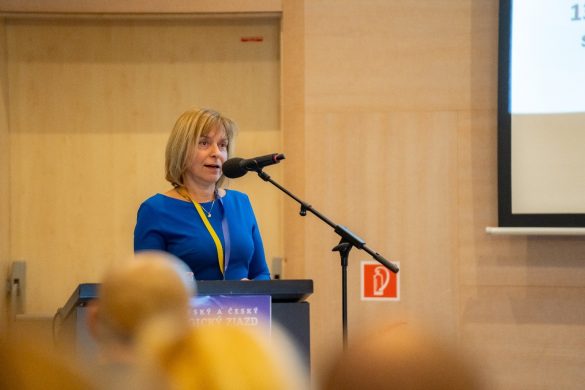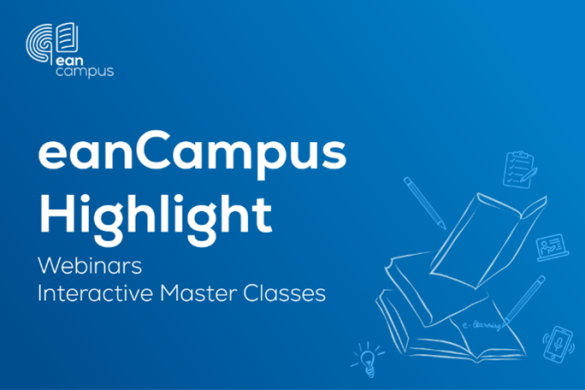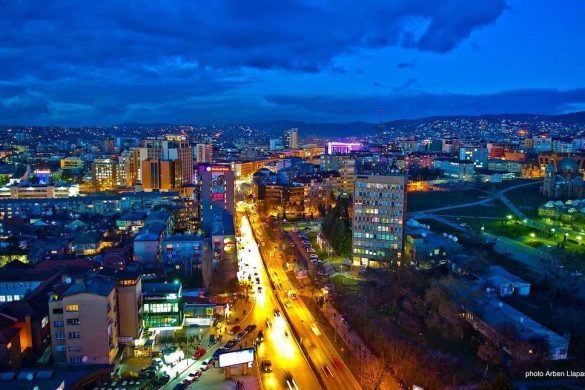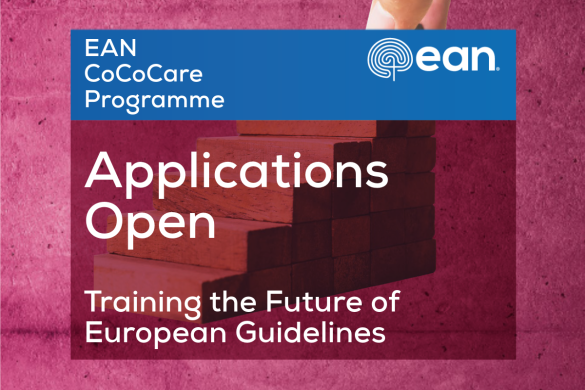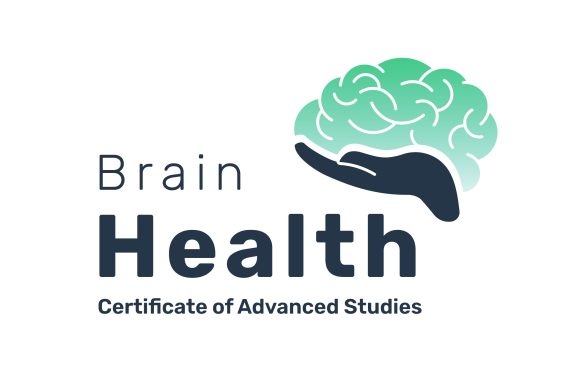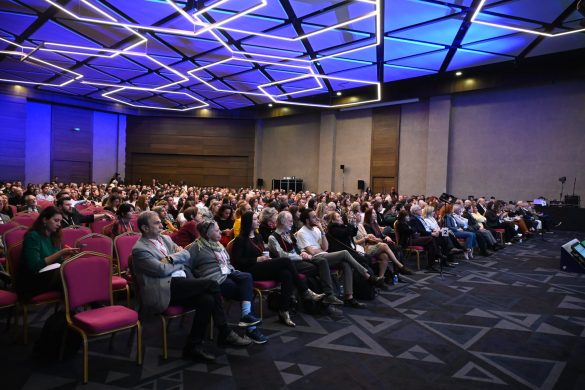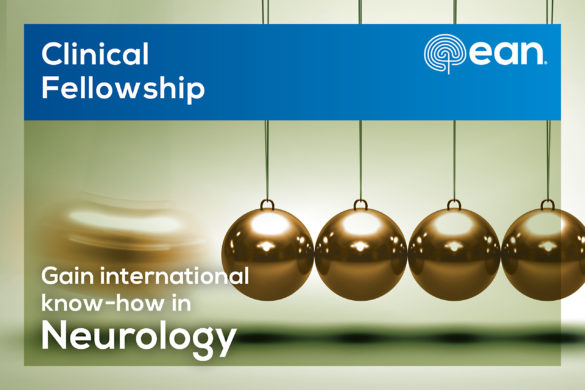by Prof. Emilija Cvetkovska, President of the Macedonian Neurological Society, and Aleksandra Angelova, Resident and Research Fellow Section Representative for North Macedonia
The Macedonian Neurological Society had the distinct honour of hosting the EAN Regional Teaching Day in the picturesque setting of Ohrid, North Macedonia, on 9 October 2025. The event was organised as a pre-congress educational day preceding the 8th Congress of the Macedonian Neurological Society. It gathered a large number of participants—predominantly residents, but also neurologists of various levels of experience—from across the country and neighbouring regions.
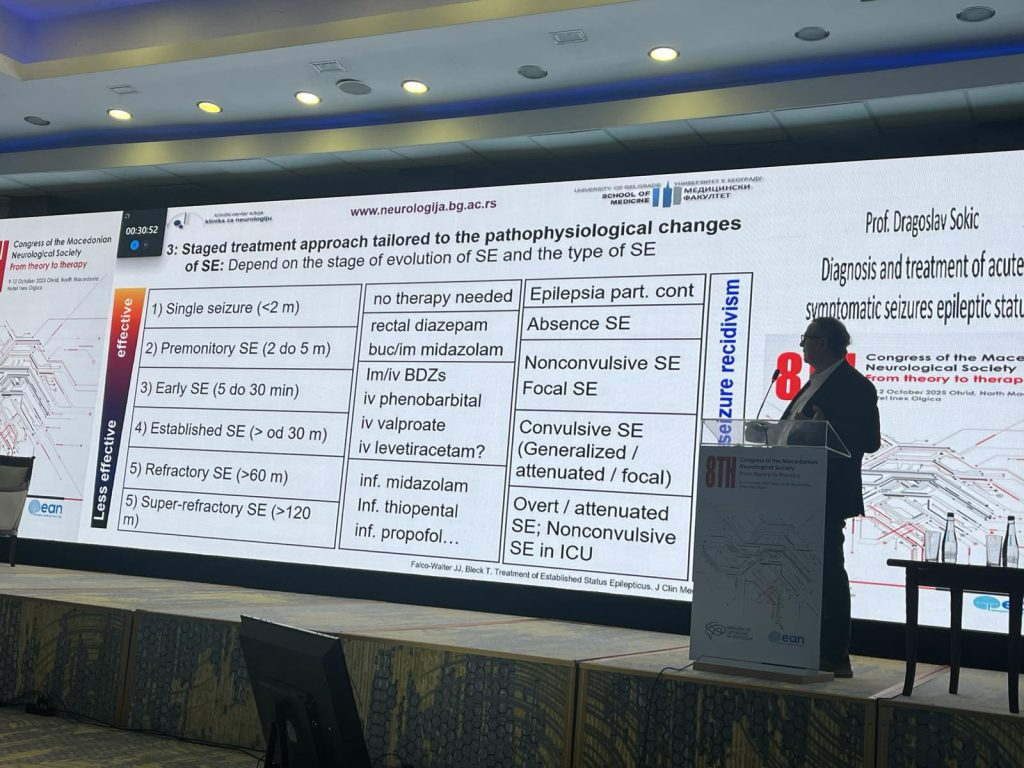
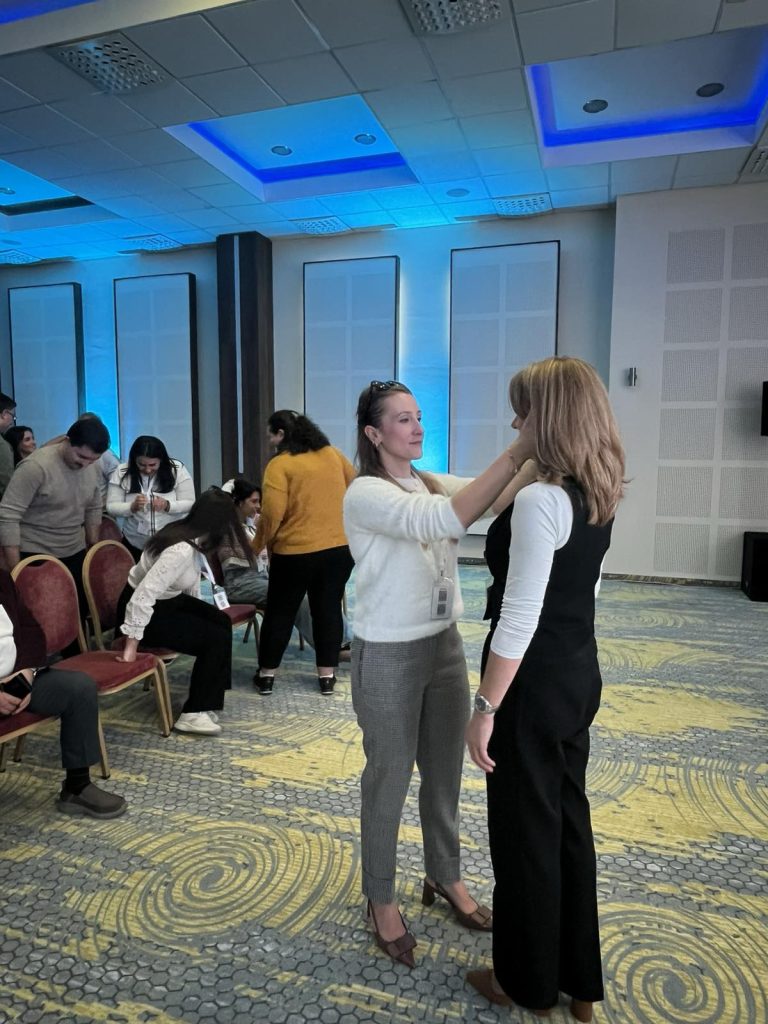
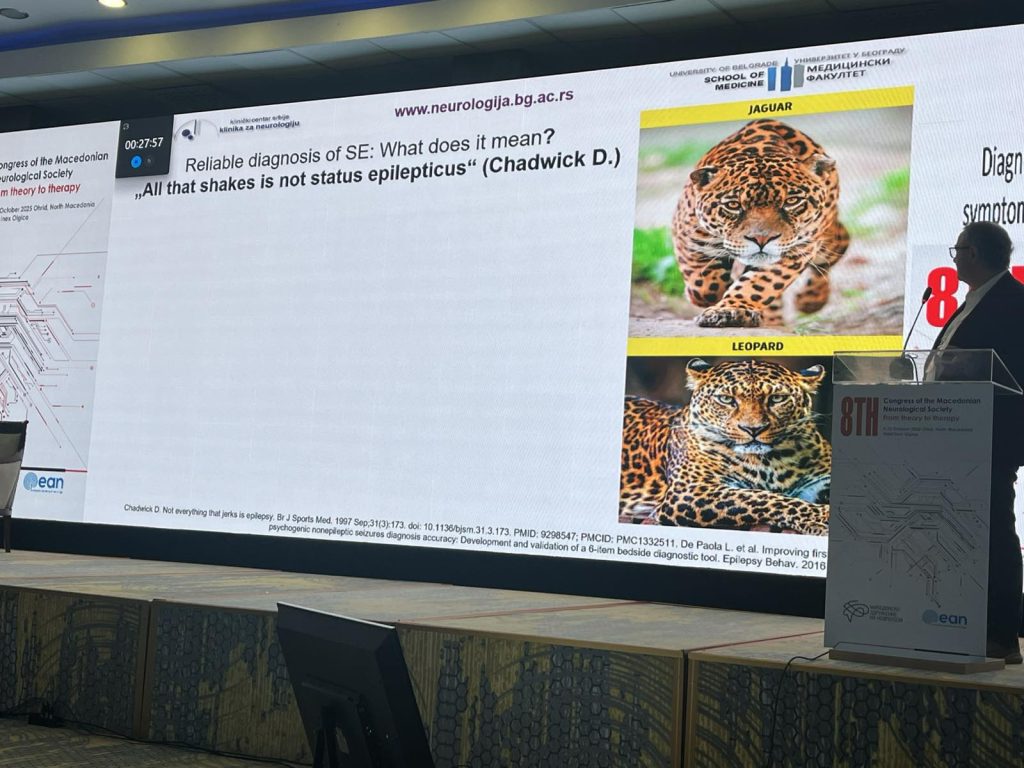
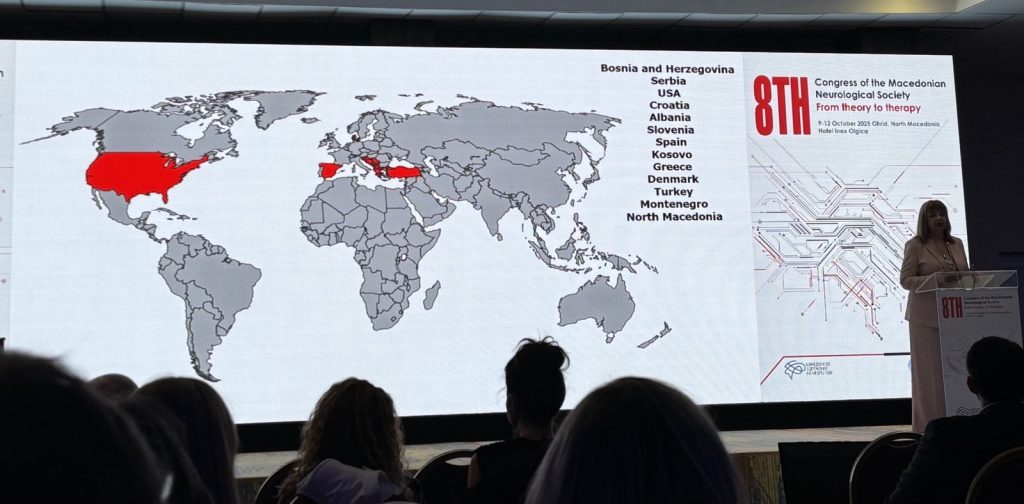
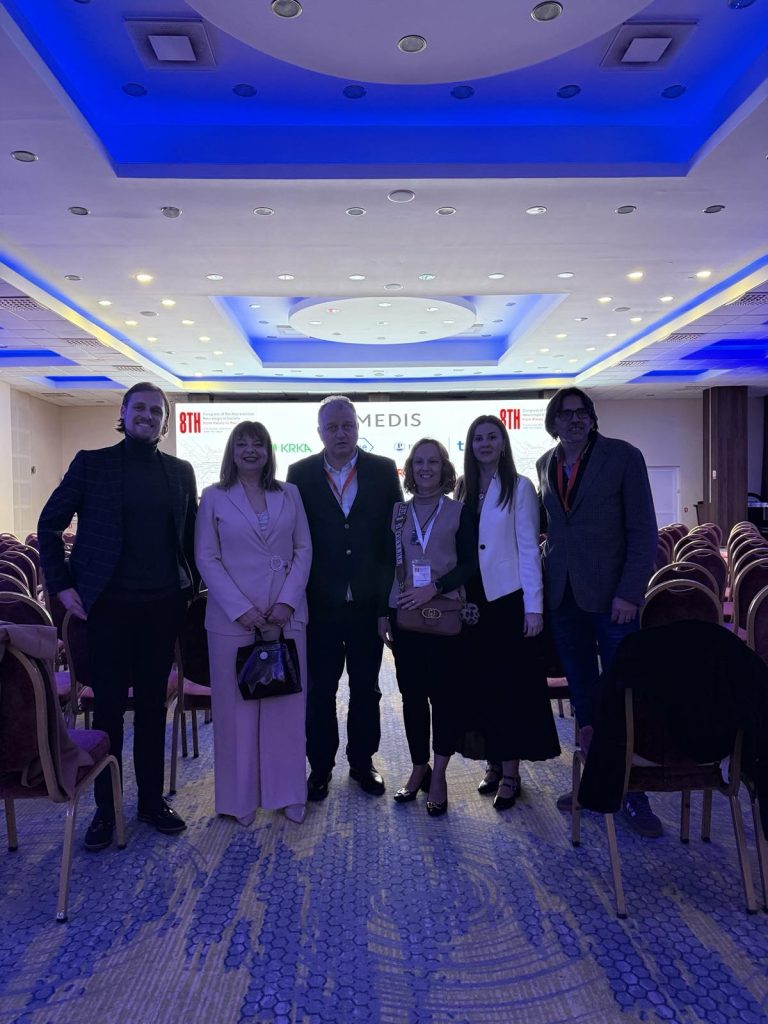
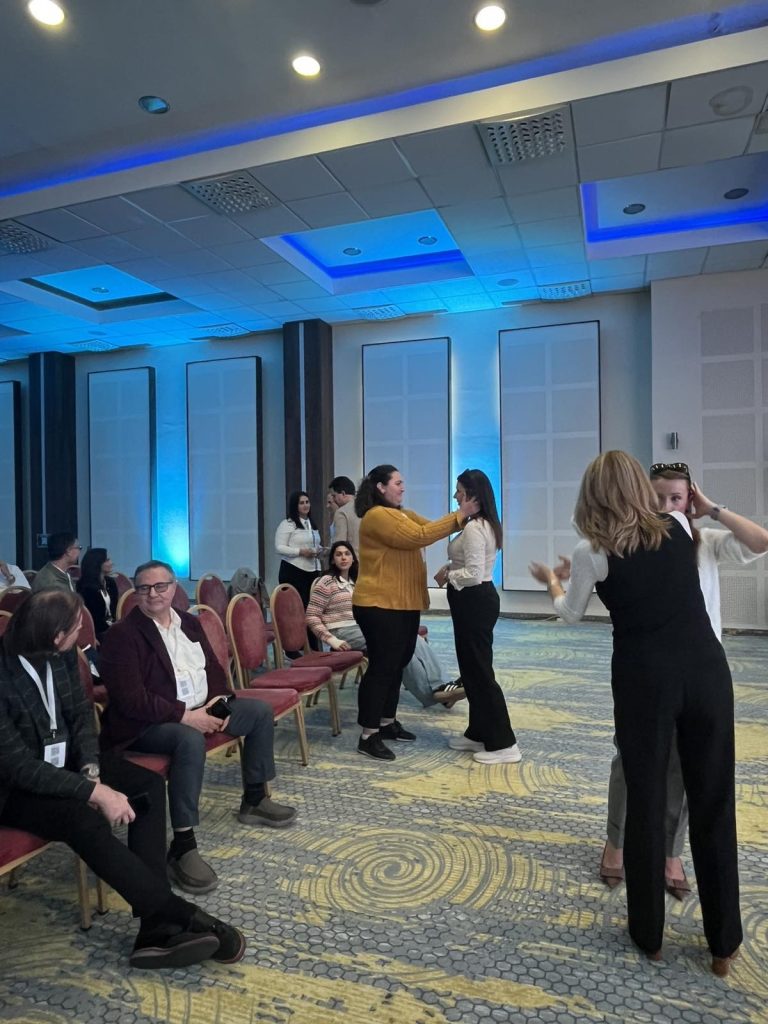
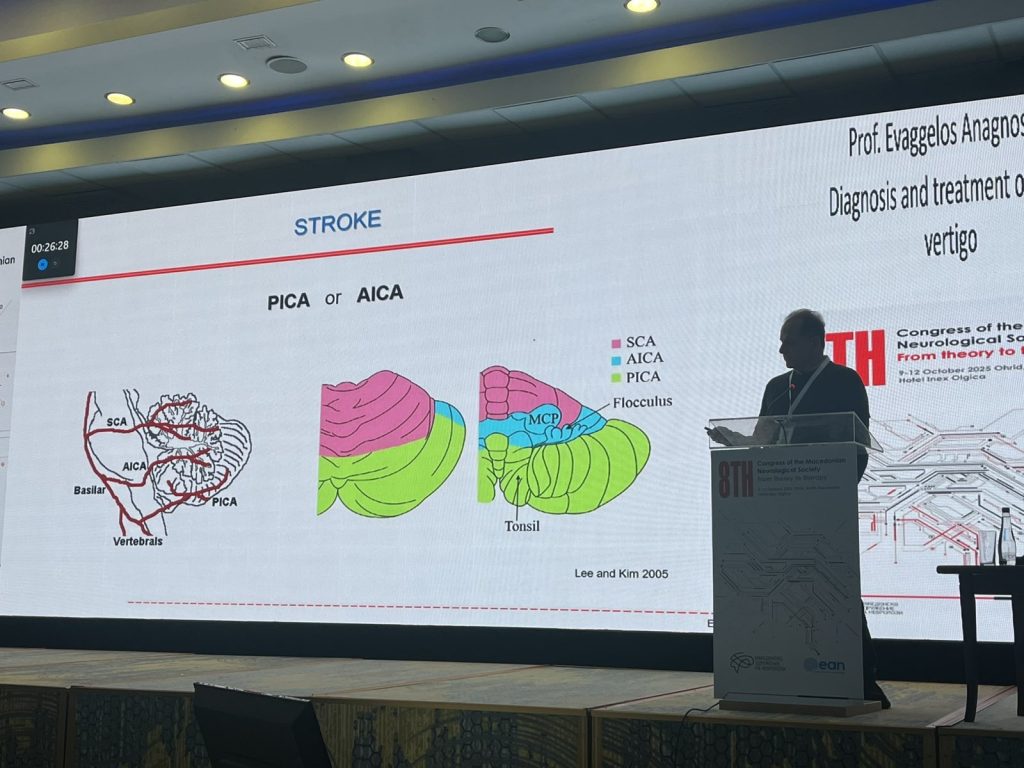
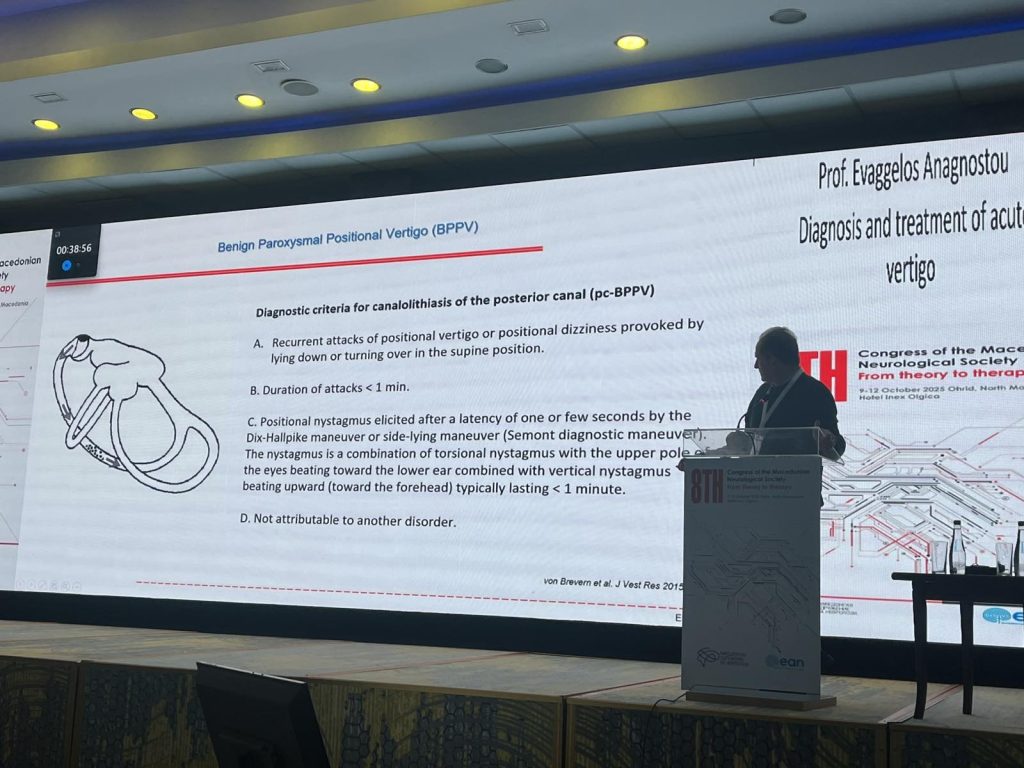
The programme was designed to address acute neurological conditions commonly encountered in clinical practice, including acute vertigo, acute onset impaired consciousness, and acute symptomatic seizures/status epilepticus. The event was structured into morning lectures followed by afternoon workshops, and despite minor last-minute adjustments, it was successfully carried out in an engaging and interactive atmosphere.
The meeting commenced with an opening address by Prof. Emilija Cvetkovska, President of the Macedonian Neurological Society, followed by a virtual welcome message from Prof. Elena Moro, President of the European Academy of Neurology.
The first lecture, delivered by Prof. Evangelos Anagnostou (Greece), focused on the diagnosis and treatment of acute vertigo. His presentation emphasised the crucial role of clinical examination in differentiating peripheral from central causes of vertigo, highlighting that neuroimaging is not always the most appropriate initial approach. During the subsequent workshop, Prof. Anagnostou demonstrated the art of the bedside neuro-ophthalmological and neuro-otological examination techniques, illustrating how careful eye movement observation and simple maneuvers can provide essential diagnostic insights.
The following lecture, presented by Prof. Dragoslav Sokic (Serbia), addressed the diagnosis and management of acute symptomatic seizures and status epilepticus. His presentation underscored the importance of understanding pharmacological principles in the treatment of these urgent conditions. Through an interactive format, Prof. Sokic engaged participants in discussion and, during the workshop, focused on the recognition and management of nonconvulsive status epilepticus, supported by illustrative video-EEG cases. The session also included a practical exchange on adapting therapeutic strategies to locally available treatment options.
A short presentation by Aleksandra Angelova, the Resident and Research Fellow Section (RRFS) representative for North Macedonia, introduced participants to the educational opportunities, grants, and exchange programmes offered by the EAN, emphasising their importance for the professional development of young neurologists.
In the afternoon session, Prof. Daniel Kondziella (Denmark) delivered a comprehensive lecture on the diagnosis and treatment of acute onset impaired consciousness, followed by a workshop on delirium and coma. His presentation provided a concise overview of the etiology, clinical evaluation, prognosis, and current advances in the management of comatose patients. The workshop included case-based discussions and video demonstrations, fostering an active exchange among participants. The day concluded with an animated discussion on the concept of delirium and its interpretation across different cultural contexts, which continued informally during the colourful sunset overlooking Lake Ohrid.
The Macedonian Neurological Society would like to express its sincere gratitude to the European Academy of Neurology for supporting this educational initiative and to Helene Winklmayr from the EAN Head Office for her continuous assistance throughout the organisational process. We look forward to further collaboration and future EAN-supported educational activities in our region.




